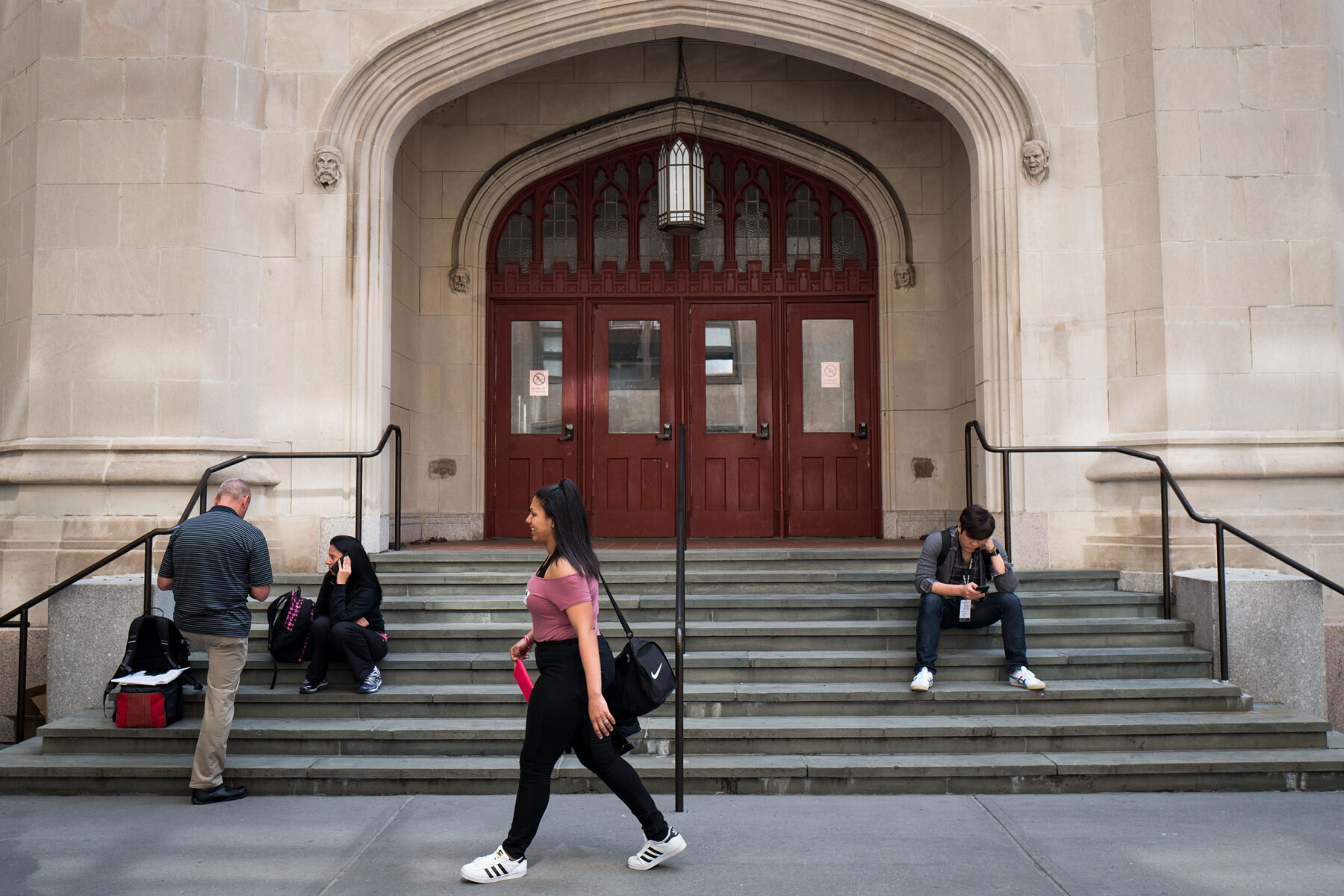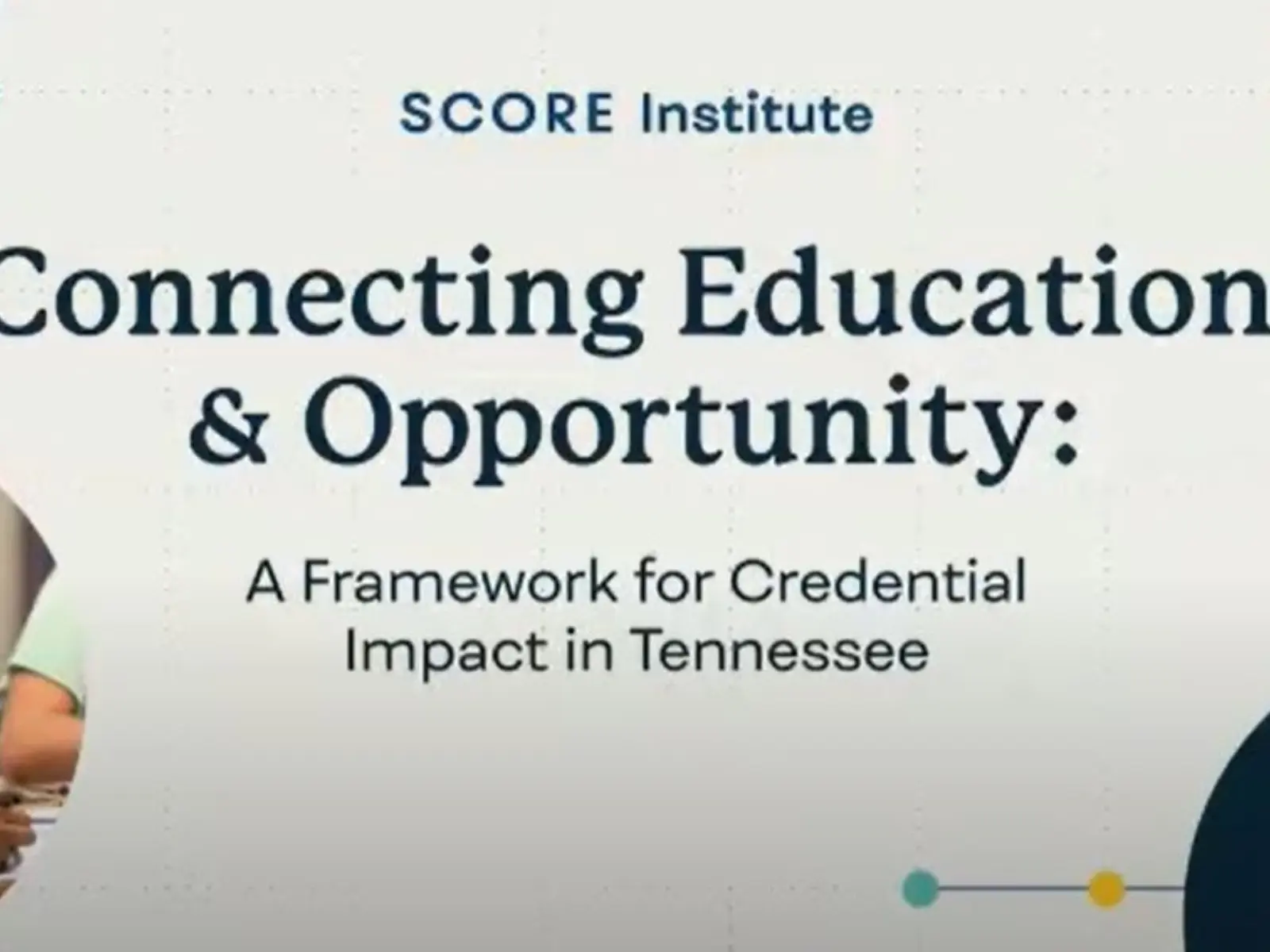Last week, the research firm MDRC issued a six-year report on the evaluation of the student success program from City University of New York called the Accelerated Study in Associate Programs (ASAP). Not only did the program raise graduation rates, but it also boosted earnings rates 11 percent for those students who participated in the program – even during the Covid-19 pandemic.
The Accelerated Study in Associate Programs (ASAP) at the City University of New York (CUNY) was created to address the low rates of graduation among students for whom a college credential has the potential to open a path of future economic stability. The program brings together several kinds of support, including financial, tutoring, advising, transportation subsidies, and others, to keep students moving forward on track to graduation.
Graduation rates for community college students, who make up a third of all undergraduates, differ from their peers in four-year schools. Within three years, only 22 percent of community college students graduate from a two-year program. In comparison, approximately 60% of students at a four-year program graduate within six years. This leaves nearly 80% of community college students struggling after three years of schoolwork, spending their time and money, often ending up with debt but no degree.
Since ASAP’s first implementation in 2007, the student success program has undergone several rigorous randomized controlled trials (these in West Virginia, New York, and Ohio were supported by Arnold Ventures). Results show repeatedly that ASAP positively affects graduation rates, often doubling the rate of graduation. “It is very rare and truly exciting to see replicated findings from RCTs conducted under different settings and contexts,” said Arnold Ventures’ Director of Evidence-Based Policy Shrutika Sabarwal.
Higher education policy experts have been watching ASAP’s evaluation results over the years, and they are especially heartened by this most recent round showing impact on earnings. “These results make very clear that colleges can dramatically improve the outcomes of students on their campuses,” said Kelly McManus, Vice President of Higher Education at Arnold Ventures. “As Congress and the Department of Education continue to consider much-needed investments in evidence-based student success programs, this latest research represents a significant addition to our shared knowledge about how to ensure more students graduate with high-value credentials — and adds to the urgency of adopting these practices widely today.”
Read ‘From Degrees to Dollars,’ MDRC’s report on six-year findings from the ASAP Ohio demonstration.











